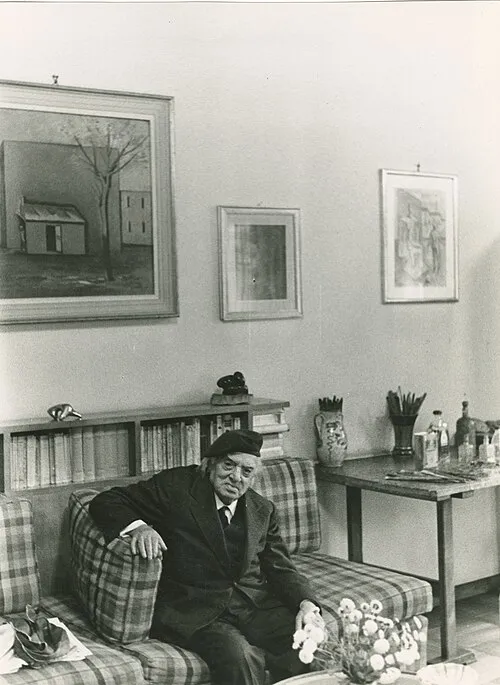
Full Name: Antony Flew
Birth Year: 1923
Nationality: English
Profession: Philosopher and academic
Death Year: 2010
1923 – Antony Flew, English philosopher and academic (d. 2010)
On a crisp day in 1923, in the quaint English town of London, a future philosopher was born. Antony Flew entered the world as the son of a Methodist minister, an upbringing that would heavily influence his intellectual journey. Early on, he was enveloped by discussions of faith and reason; his father’s sermons often ignited a fervor for inquiry within him. However, it wasn’t merely the echoes of religion that shaped him Flew's childhood curiosity spiraled into a passionate quest for truth that would ultimately redefine philosophical discourse.
As he grew older, Flew attended Queen’s College at Oxford University during World War II a time marked by chaos and uncertainty. Ironically, amidst the backdrop of conflict, he found solace in philosophy. There, he encountered figures like Gilbert Ryle and other prominent philosophers who challenged traditional notions of belief and knowledge. Perhaps it was these encounters that ignited his skepticism about religious claims; Flew was destined to become one of the foremost advocates for atheism in the 20th century.
Upon graduation, despite being lured into academia by conventional expectations such as becoming a professor or leading philosophical institutions Flew chose a path less traveled. He took up teaching positions across various universities but remained restless to explore deeper questions about existence and human understanding. His penchant for provocative debates brought him notoriety; one could argue that his heated exchanges with notable theologians only added fuel to his growing reputation as an iconoclastic thinker.
Flew's seminal work arrived in 1950 with "Theology and Falsification," co-authored with fellow philosopher Elizabeth Anscombe. The paper posed profound questions: Could God be proven or disproven? This inquiry not only sparked intense debate but also solidified Flew’s position within philosophical circles he argued firmly against those who believed faith transcended rationality. Despite this stance, there lingered an undercurrent of doubt; one might speculate whether Flew himself grappled with faith even as he vehemently rejected it publicly.
In many ways reflecting these changes around him but perhaps more importantly drawing upon personal experiences woven through relationships with colleagues such as Richard Dawkins or Michael Ruse a pivotal moment came when he began engaging critically yet empathetically with religious perspectives rather than solely dismissing them outrightly! In doing so… some might say… Flew exhibited remarkable intellectual humility rarely found among staunch atheists striving relentlessly towards logic alone!
A Journey Through Reason
If anything characterized Antony Flew's legacy above all else... it was relentless pursuit questioning not just accepting dogma blindly but rather examining foundational principles underpinning beliefs shaping human existence itself! Historians recount how each argument presented served not merely challenge opponents’ ideologies but simultaneously encouraged self-reflection sparking dialogues extending beyond classrooms encompassing broader societal implications impacting individuals across diverse cultures backgrounds!
A Beacon For Future Generations
- The importance placed upon evidence-based reasoning continues inspire young thinkers aspiring delve deeper explore intersections between science philosophy while navigating complexities surrounding faith spirituality!
- Culturally speaking… discussions emanating from works published late career engaged wider audiences fostering appreciation critical thinking literacy becoming fundamental elements modern education curricula worldwide today!








